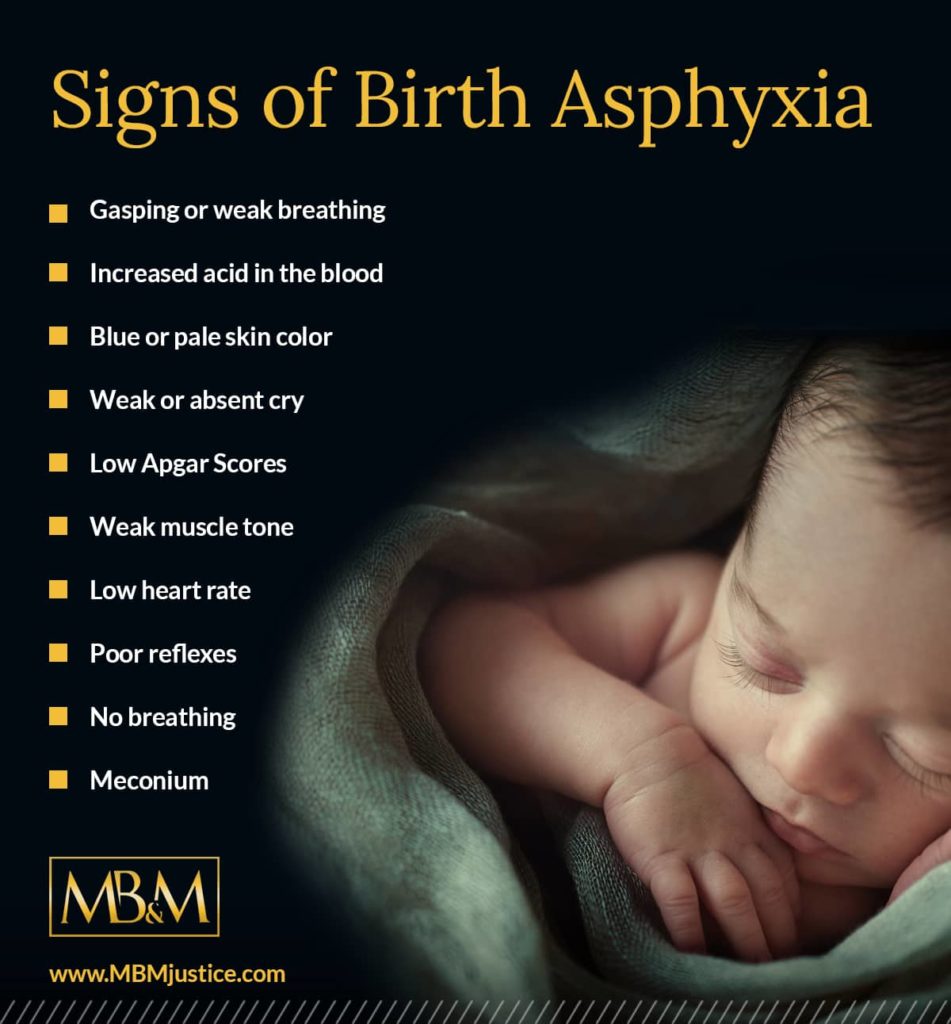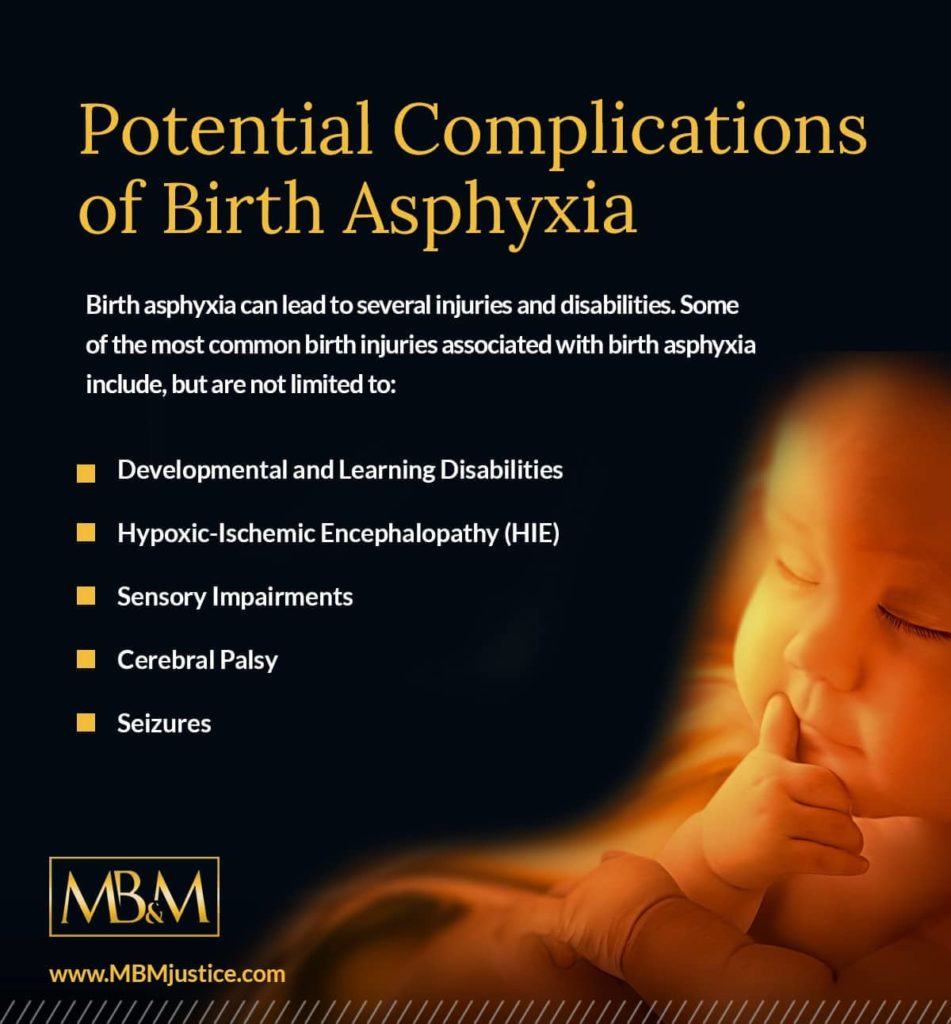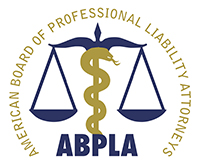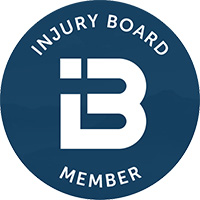Birth Asphyxia Injury Attorneys Serving Rhode Island
Birth asphyxia occurs when a baby’s brain and other organs do not get the oxygen and nutrients they need before, during, or immediately after birth. Birth asphyxia can happen for a number of reasons. When the condition is caused by health care providers who deviate from standard procedure, fail to recognize potential danger, or otherwise act negligently, victims may have the right to file personal injury claims.
If a doctor, nurse, or other medical professional’s negligence caused your child’s birth asphyxia, you may have more questions than answers. The experienced Rhode Island birth asphyxia injury lawyers at Mandell, Boisclair & Mandell, Ltd. can help. We have assisted families affected by birth injuries throughout Rhode Island for over 45 years. We possess the specialized knowledge, skill, and resources needed to handle these complex and difficult cases.
Contact our office today online or at (401) 273-8330 for a free initial consultation with a member of our legal team. Mandell, Boisclair & Mandell, Ltd. is dedicated to helping families pursue the justice and compensation they deserve for the losses they have suffered and will continue to endure as a result of their child’s injury.

What is Birth Asphyxia?
Birth asphyxia is the medical diagnosis for babies who sustain injuries as a result of oxygen deprivation during labor, delivery, or shortly after birth. Birth asphyxia describes oxygen starvation that is either hypoxic (partial) or anoxic (compete).
Birth asphyxia can be caused by many factors, including umbilical cord compression, the wrapping of the cord around the baby’s neck in utero, placental detachment, or breathing in meconium. When a baby’s oxygen and blood flow are compromised, it can damage significant organs. The heart, brain, lungs, and liver can all sustain permanent and irreversible damage. Most concerning is the potential for permanent brain damage. Brain injuries that result from birth asphyxia can include cerebral palsy, epilepsy, cognitive deficits, and more.
The severity of long-term effects depends largely on how long the baby was deprived of oxygen and the severity of the oxygen deprivation.
Signs of Birth Asphyxia
Each baby can exhibit a variety of signs that they suffered birth asphyxia. Depending on the severity of the injury, the child may exhibit symptoms such as:
- Low heart rate
- Increased acid in the blood
- Blue or pale skin color
- Weak muscle tone
- Poor reflexes
- Weak or absent cry
- Gasping or weak breathing
- No breathing
- Meconium
- Low Apgar Scores
- Low Blood Gases
What Are the Complications of Birth Asphyxia?
Birth asphyxia can lead to numerous injuries and disabilities. Some of the most common birth injuries associated with birth asphyxia include, but are not limited to:
Hypoxic-ischemic encephalopathy (HIE)
Hypoxic-ischemic encephalopathy (HIE) is a brain injury that results from oxygen starvation. This dangerous condition can occur when there is insufficient oxygen in the baby’s blood (hypoxemia/hypoxia) and/or restricted or decreased blood flow in the baby’s brain. If the child experiences breathing or feeding problems, is limp, experiences seizures soon after birth, and/or had to be intubated after birth, HIE can be suspected.
Seizures
Babies suffer seizures when their brains are injured and abnormal. These seizures may cause involuntary jerking movements for several seconds or a few minutes. In some cases, however, babies do not exhibit any outward signs when having a seizure. Because of this, babies who are suspected of having HIE should be tested by electroencephalography (EEG) to determine if seizures are occurring.
Cerebral Palsy
Cerebral palsy (CP) is an injury that results from injury to that area of the brain that controls movement. Cerebral palsy is the most common motor disability in childhood, affecting one in 323 children. A large number of diagnoses are caused by preventable birth injuries and medical malpractice.
Developmental and Learning Disabilities
When babies’ brains are deprived of oxygen, the cells and tissues within the brain can die, causing permanent brain damage. Depending on the severity of brain damage, permanent disabilities can occur. These can include developmental delays and learning disabilities, delayed speech, and disorders affecting gross and fine motor skills, missed developmental milestones, behavioral problems, and difficulty with social skills.
Sensory Impairments
Sensory impairments involve the partial or total loss of the senses, including sight, hearing, taste, smell, or other critical sensory functions. When babies are born with sensory issues, their brain and body may have difficulty interpreting and responding to sensory information.

What Are the Long-Term Effects of Birth Asphyxia?
The long-term impact of birth asphyxia can vary from child to child, depending on the extent and severity of resulting brain damage. As mentioned above, oxygen starvation can affect a child’s senses, and create developmental delays. It can also result in the development of seizures and affect breathing and swallowing.
Birth asphyxia can cause long-term effects to a child’s:
Neuro-Muscular System
Neuro-muscular system disorders can include:
- Fine motor delay
- Gross motor delay
- Microcephaly
- High/low muscle tone
- Seizure disorders
- Cerebral palsy
Cognitive Functioning
Cognitive impairment caused by oxygen deprivation can include:
- Mood disorders
- Personality changes
- Memory
- Processing speed
- Attention Issues
- Executive functions
Speech and Swallowing
Birth asphyxia can cause speech and swallowing problems such as:
- Apraxia
- Vocal cord paralysis
- Speech delay
Children that suffer from birth asphyxia may need lifelong care. They may require additional medical treatments and therapies, equipment, and long-term care as they navigate their lives with disabilities.
What Are the Main Causes of Birth Asphyxia?
Listed below are events that can cause a baby to experience birth asphyxia.
- Umbilical cord problem: The umbilical cord can cause a number of problems that can cause a baby to be partially or completely starved of oxygen. Problems can include the cord wrapping around the baby’s neck (nuchal cord), a short umbilical cord, umbilical cord prolapse, or the cord being in a knot.
- Delayed cesarean section (c-section): When certain complications arise, the baby must be delivered quickly. Delays can deprive a baby of oxygen for too long, resulting in brain injury.
- Improper fetal monitoring: A baby’s heart rate should be monitored as soon as the mother is admitted to a labor and delivery unit. Failure to promptly identify fetal distress and take action to address the problem can cause babies to suffer oxygen deprivation.
- Anesthesia error: These mistakes can cause the mother to have problems with blood pressure, including a hypotensive crisis.

How Can Birth Asphyxia Be Prevented?
Birth asphyxia can be prevented by closely monitoring the baby and mother and delivering a fetus experiencing distress. When a baby’s heart tracings are continuously monitored, medical professionals are more likely to identify signs of distress.
Additionally, certain conditions increase the risk of fetal distress, such as breech presentation, umbilical cord problems, and cephalopelvic disproportion, which occurs when the baby is too large for the size of the mother’s pelvic passage.
The risk of birth asphyxia can be reduced when doctors and medical professionals provide proper prenatal care, identify mothers who are at high-risk for complications, give mothers extra oxygen and fluids during labor before delivery, and schedule c-sections when appropriate.
Once a baby is born, prompt treatment should be available to minimize any potentially damaging effects of decreased oxygen.
Ultimately, birth injuries come down to the knowledge and skill of the medical team treating the mother and baby. Doctors and nurses must be prepared for any potential complication, even when the mother has had a problem-free pregnancy.
Can a Baby Recover From Brain Damage?
Every case of newborn brain damage can vary in symptoms and severity. Although no two cases are identical, certain types of brain damage share similar characteristics.
Brain injuries caused by birth asphyxia are generally categorized as either mild, moderate, or severe. If the oxygen deprivation was mild and of short duration, a full recovery may be possible, provided the baby receives prompt medical treatment and physical therapy when necessary.
However, if the infant was deprived of oxygen for a longer time, the effects of severe brain damage can be irreversible, resulting in long-term disabilities and requiring lifetime care.
Is Medical Negligence to Blame?
If a doctor or other health care professional fails to monitor or to respond properly to certain situations that arise during delivery, that individual could be considered negligent with regard to the duty owed to patients.
Examples of medical negligence during pregnancy, labor, or delivery can include:
- Negligent management of labor and delivery
- Failure to respond appropriately to signs of fetal distress
- Failure to perform a prompt delivery or c-section when a baby is in distress
- Failure to properly resuscitate a newborn
- Failure to treat elevated blood pressure in the mother (preeclampsia)
- Failure to respond appropriately to bleeding
- Failure to manage prolonged or post-term pregnancy properly
Determining the underlying cause of your child’s birth injury takes time and resources. That is why it is important to speak to an experienced Rhode Island birth injury lawyer at Mandell, Boisclair & Mandell, Ltd. Our lawyers know how to meticulously investigate these cases and determine whether medical negligence played a role in your child’s injury.
Our lawyers will evaluate the circumstances surrounding your baby’s birth, as well as the treatment they received. We consult with medical experts to determine if your baby’s doctor or medical team failed to meet their duty of care. If they failed to provide proper treatment or acted negligently, we help our clients by filing medical malpractice lawsuits to seek compensation for your baby’s injuries.
Contact Our Providence Birth Asphyxia Injury Lawyers Today
Birth injuries can be severe and result in permanent disability, as well as a lifetime of pain and suffering for your child. If your baby suffered a birth injury and you believe medical negligence played a role, the birth asphyxia injury lawyers at Mandell, Boisclair & Mandell, Ltd can help.
Our Rhode Island attorneys represent injured babies and their families after a birth asphyxia injury. We understand that your primary focus is on protecting your child and safeguarding their future. That is why we work tirelessly to help you hold negligent physicians, hospitals, and medical professionals accountable.
Call Mandell, Boisclair & Mandell, Ltd. today at (401) 273-8330 for a free initial consultation and review of your case. Our firm proudly serves all areas throughout the state of Rhode Island.



























